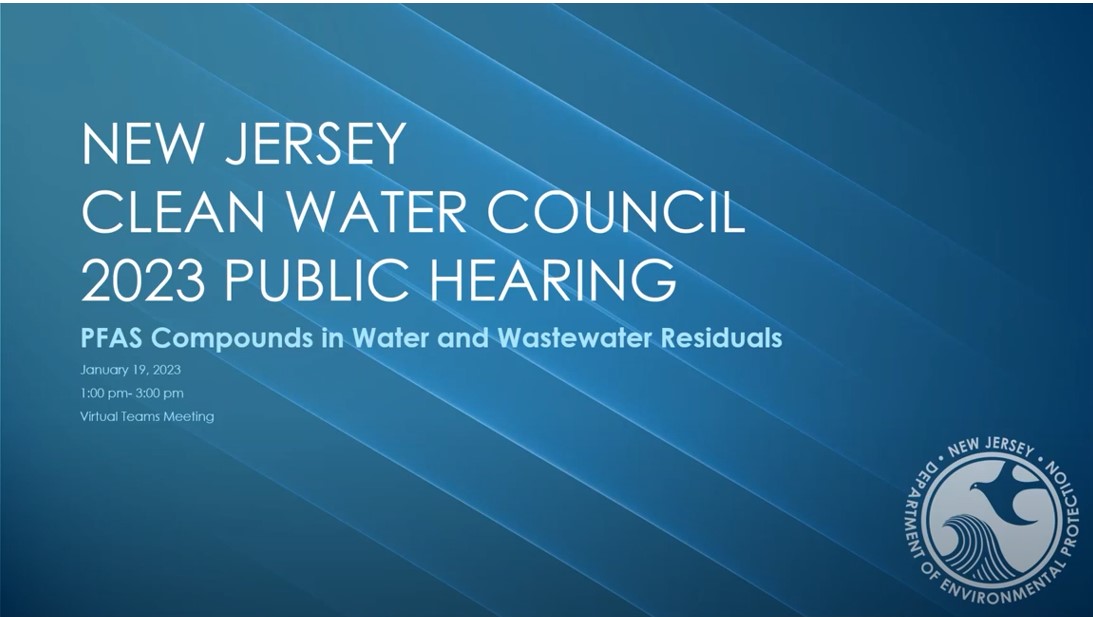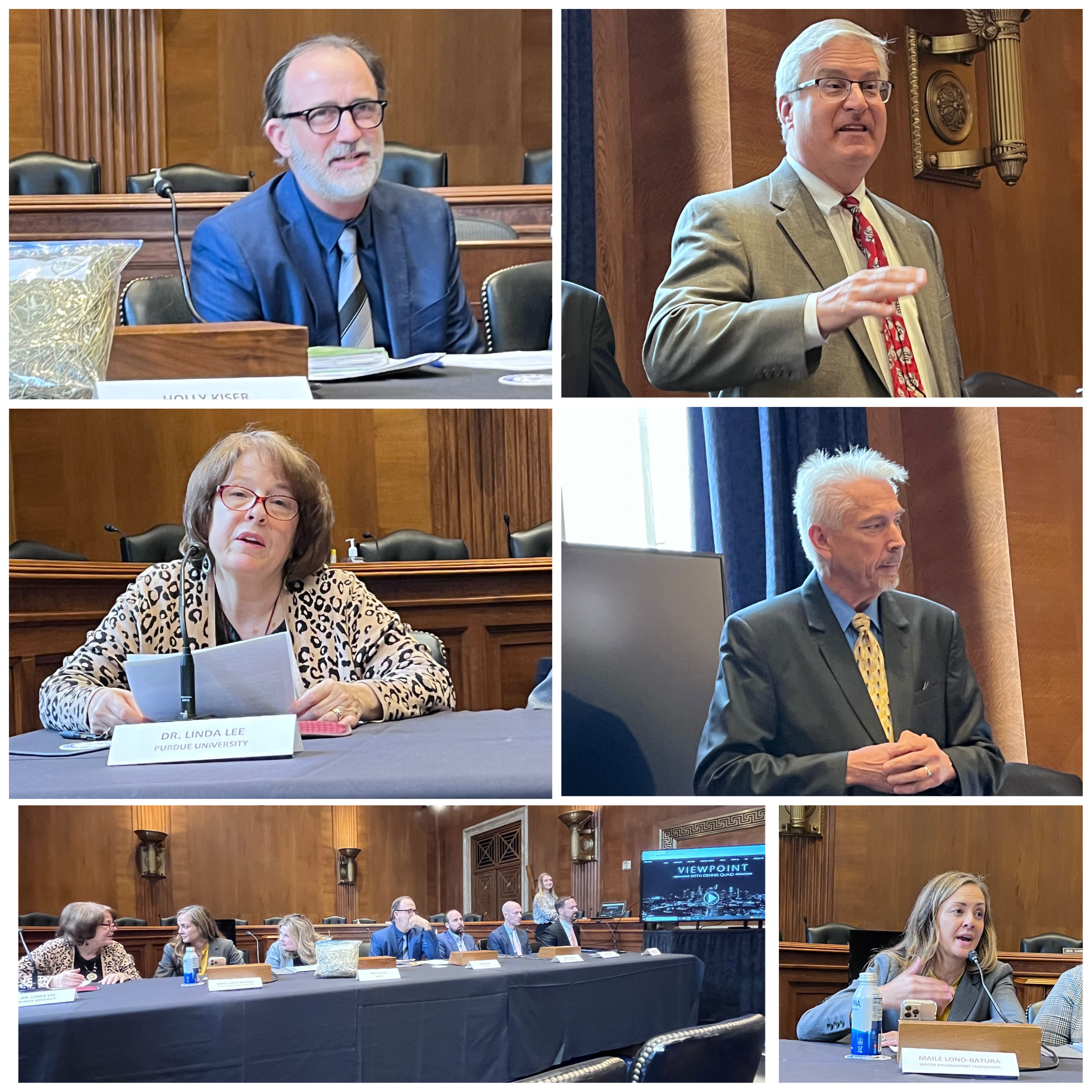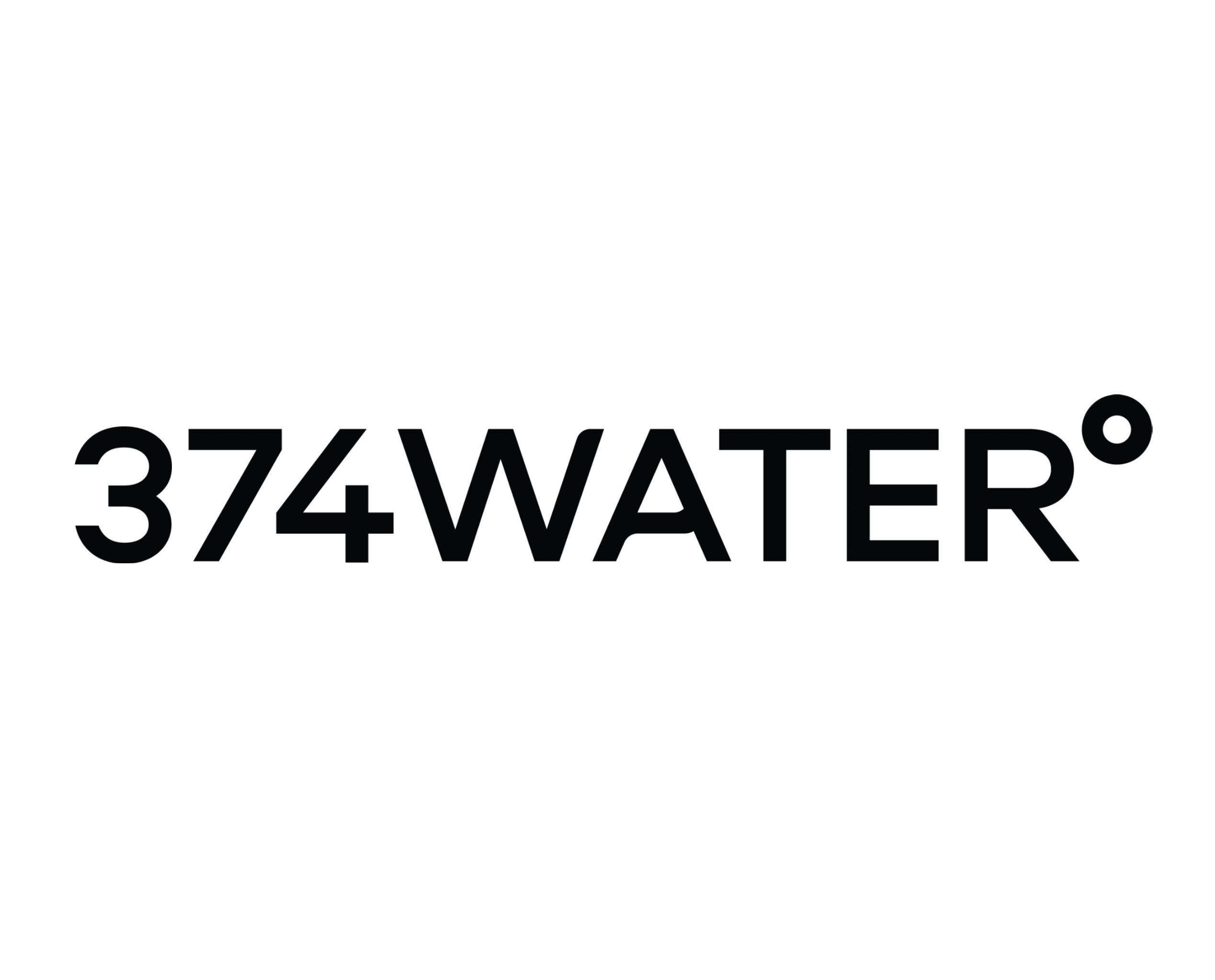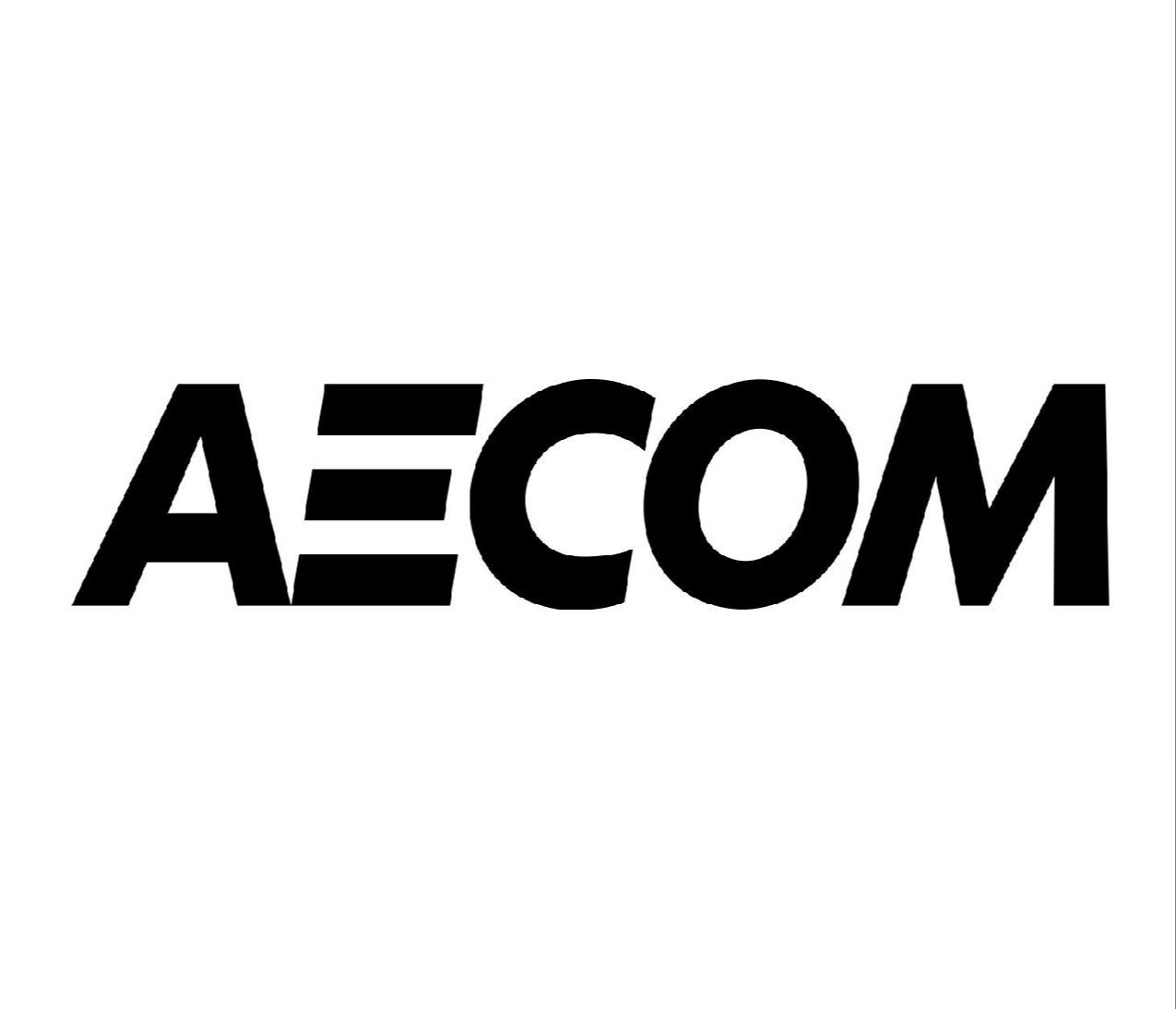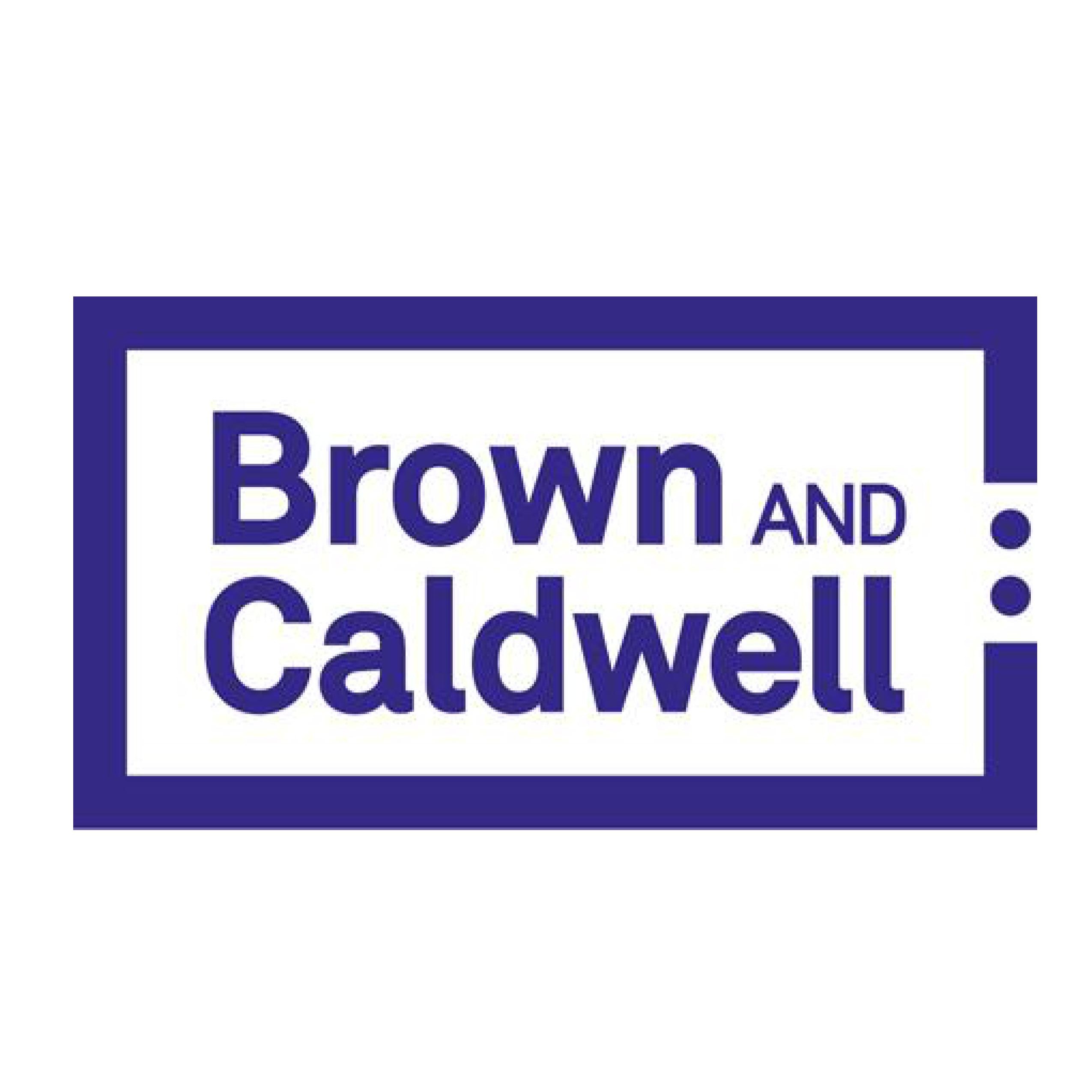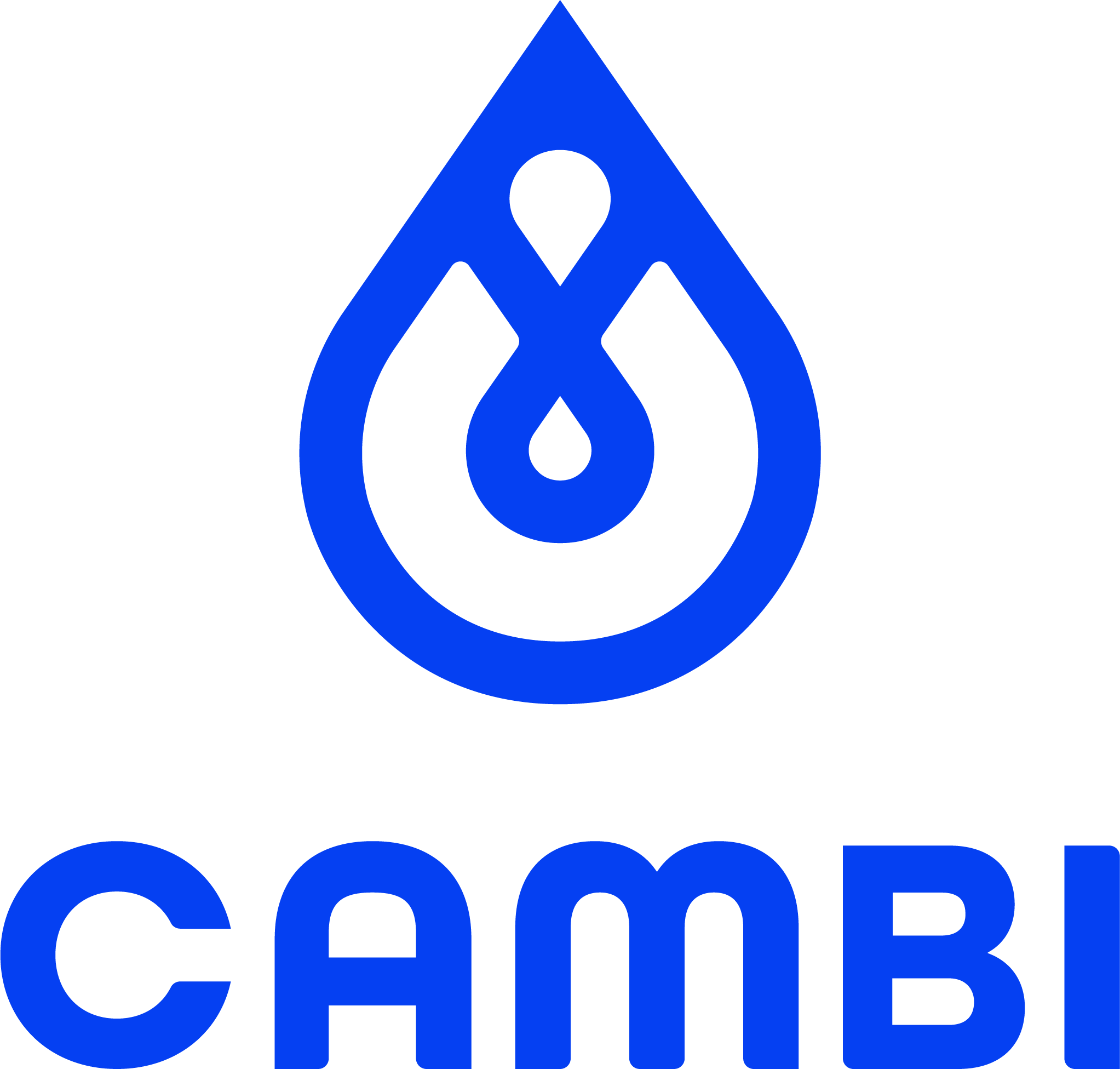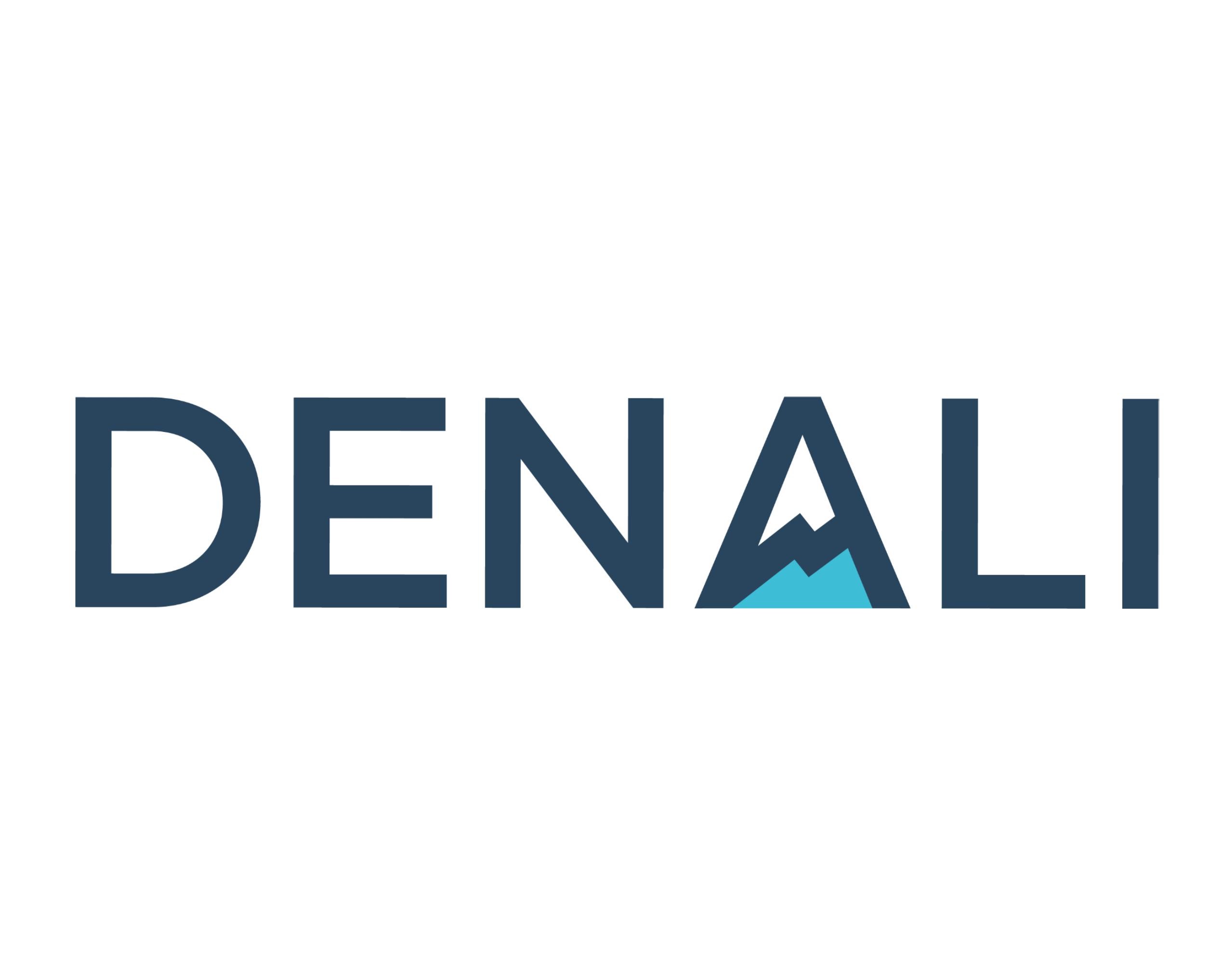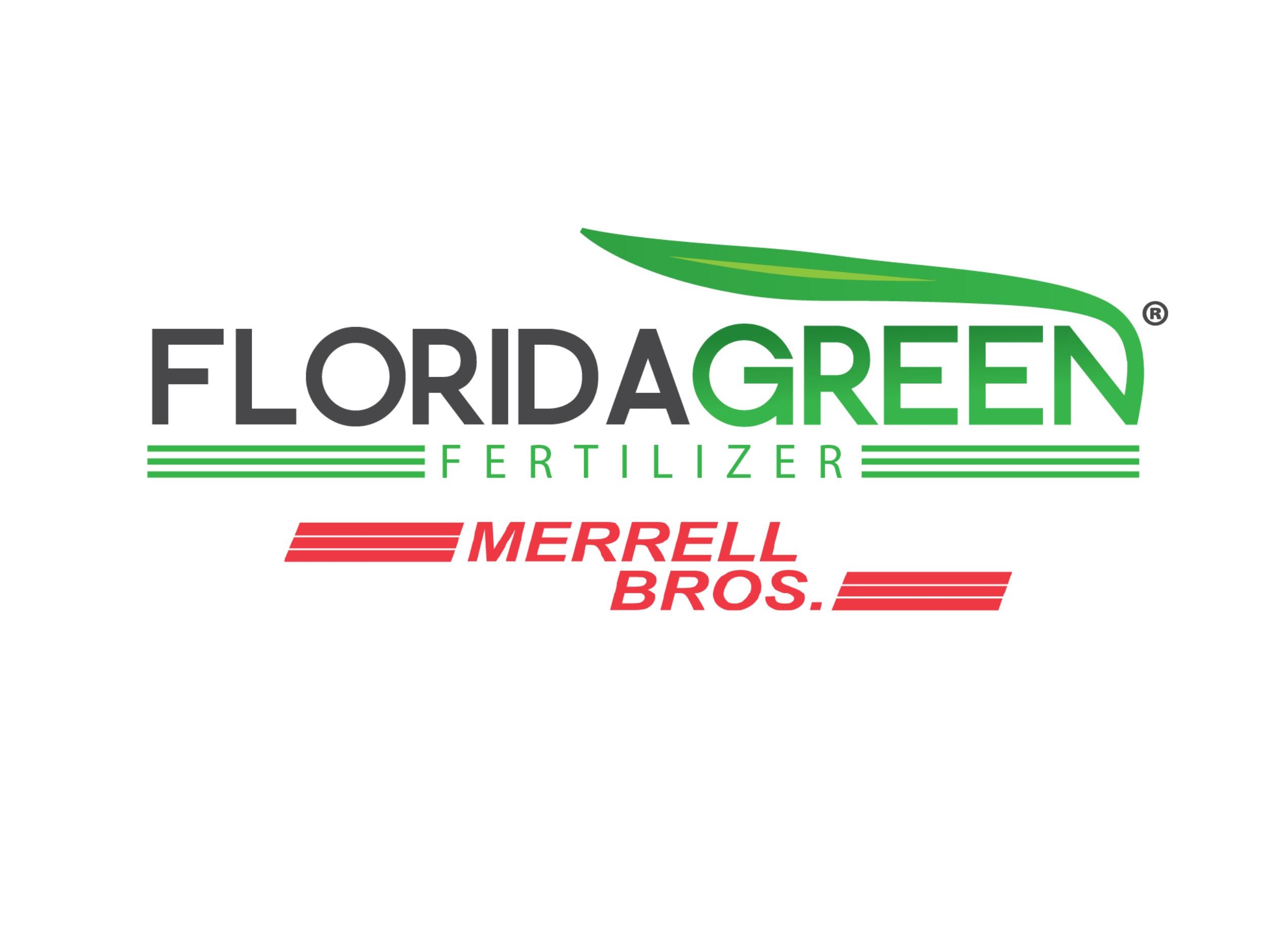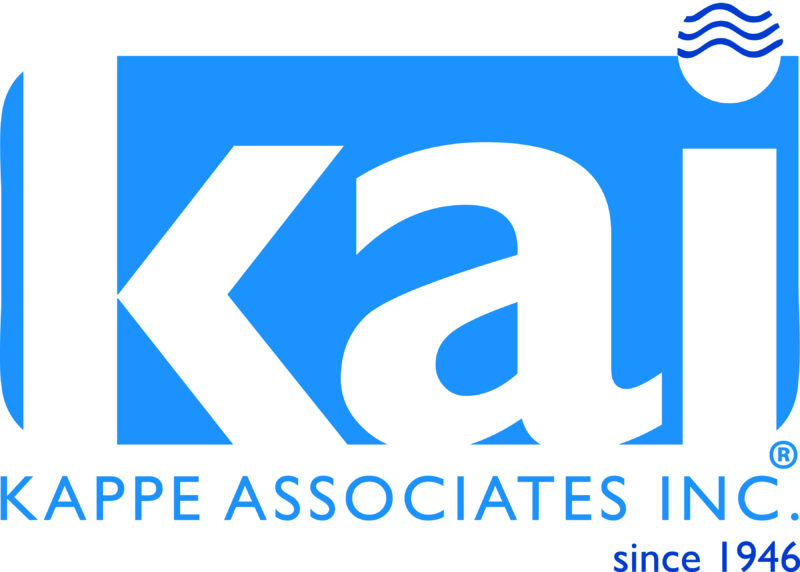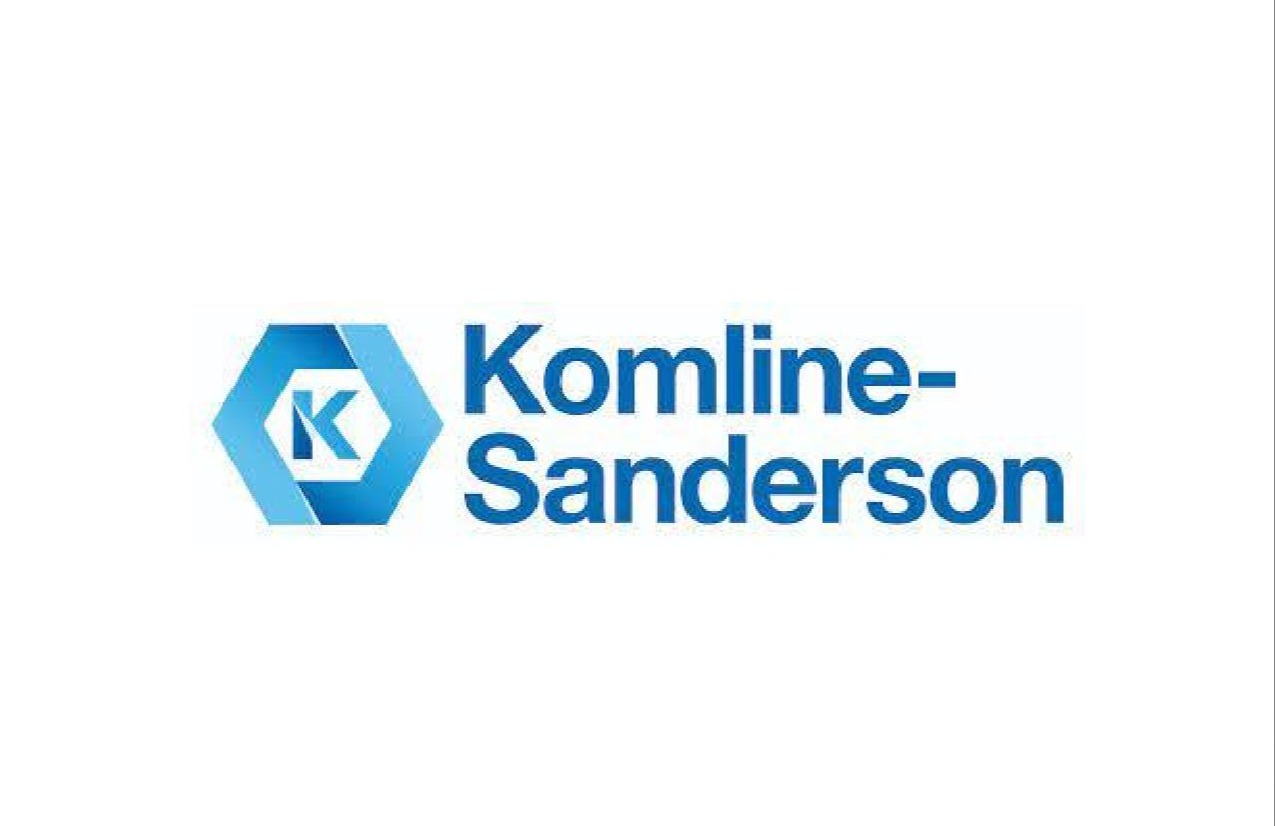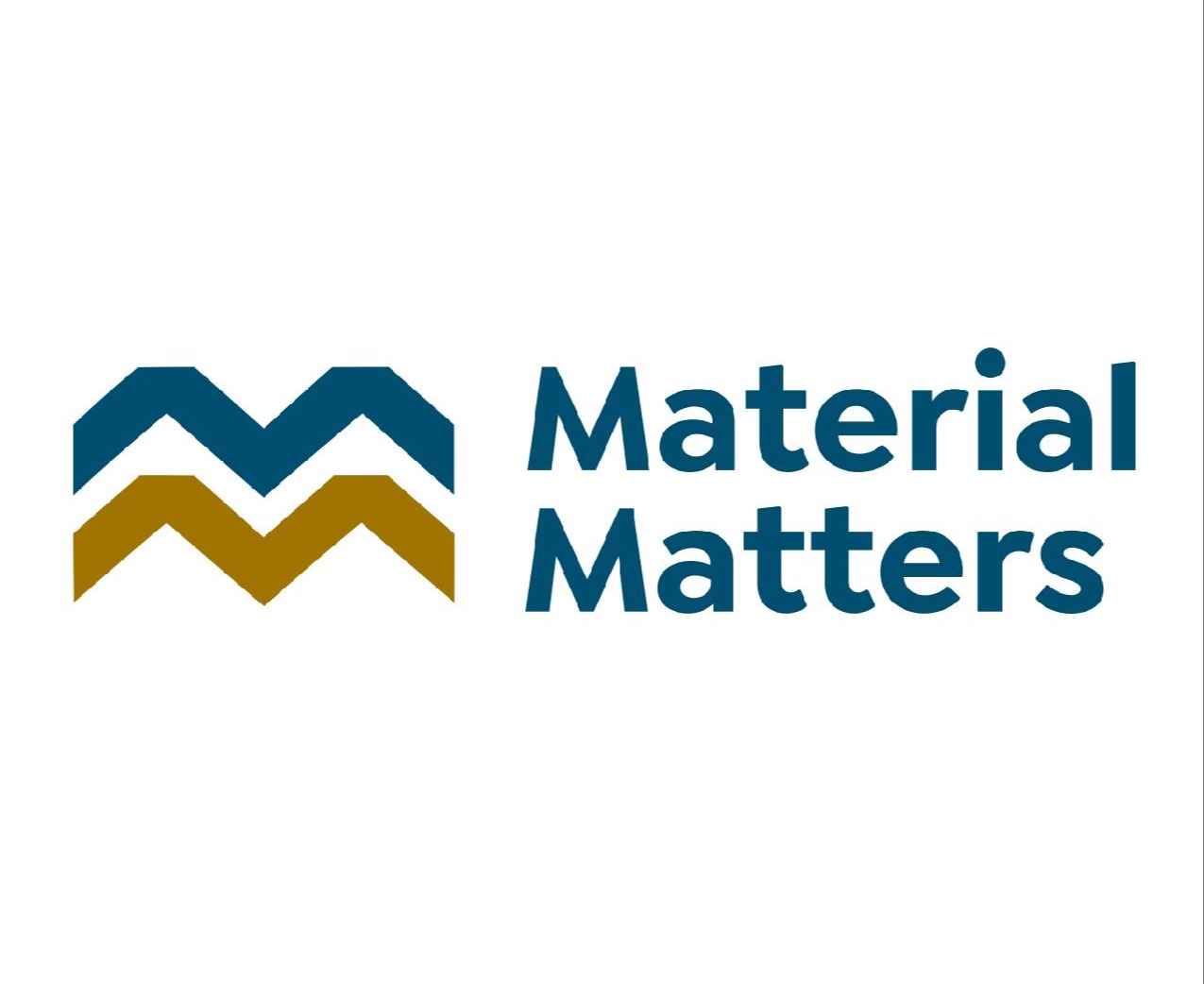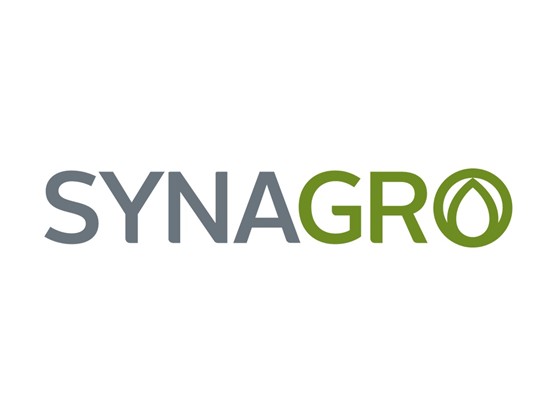- Login
- Home
- MABA
- MABF
- What's New
- Events
- Resources
- Biosolids Advocacy Fund
- Contact Us
|
February 2023 - MABA Biosolids Advocacy Spotlight
New Jersey Clean Water Council public hearing “Addressing PFAS Compounds in Residuals” - January 19, 2023 In January 2021, the Clean Water Council held a public hearing entitled “Permitting of PFAS Compounds in NJPDES Discharges to Surface Water”. Since this hearing, the Department has required all industrial dischargers to surface water and significant indirect users (“SIU”) to complete a “PFAS Source Evaluation and Reduction Requirements Survey''. Further, industrial dischargers permitted by the Department have been required to sample wastewater for the presence of PFAS. Survey responses and results of the data received to-date can be found at https://nj.gov/dep/dwq/pfas.htm. To further advance the Department’s mission to protect our waters from PFAS, the Clean Water Council solicited public testimony focused on how to address the presence of PFAS in residuals and its potential impact on management alternatives. MABA’s Executive Director, Mary Firestone, provided oral testimony during the hearing, and MABA provided written testimony as well. This information, as well as the presentations, full video, and other written testimony submissions can be viewed by visiting: https://dep.nj.gov/cleanwatercouncil/public-hearing-archives/ 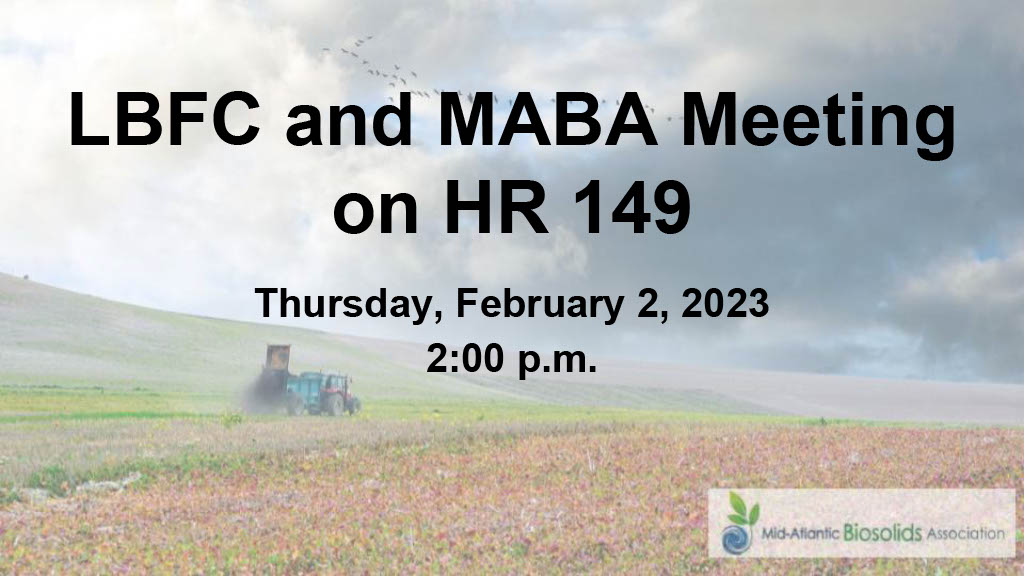 Pennsylvania Pennsylvania General Permits & PA House Resolution 2021-149 (HR 149) - MABA meets with the Pennsylvania Legislative Budget & Finance Committee In January, MABA was contacted by the Pennsylvania Legislative Budget & Finance Committee (LBFC) regarding PA House Resolution 2021-149 (HR 149) which was assigned to them to conduct a study of PA DEP’s proposed revisions to General Permits PAG-07, PAG-08, and PAG-09 related to permitting and management of biosolids. Through their research MABA was identified as an organization that would be valuable in discussing the background of biosolids in Pennsylvania, and more specifically, DEP’s proposed changes. MABA’s Regulatory/Legislative Committee and leadership met with the LBFC in early February, and provided them with a presentation underscoring the historic and invaluable relationship and tradition of biosolids beneficial reuse in Pennsylvania, as well as the potential economic and environmental impacts of the proposed general permit revisions. MABA provided the LBFC with clear documentation and references, and provided answers to their questions related to their objectives within the resolution. Additionally, MABA shared the previously submitted PFAS Monitoring Position Statement and Response to the PA DEP Proposed General Permit Changes. MABA has continued communications with the LBFC. They estimate their analysis will be completed by June 2023.
Maryland MABA’s Call to Action regarding Maryland HB 499 and SB 225 MABA informed members of Maryland’s House Bill 499 and Senate Bill 225 – concerning Biosolids. These bills were slated to introduce changes to the Maryland Environment Code Section 9–331.2, by requiring additional testing and reporting for the presence of PFAS (per-and polyfluoroalkyl substances) by biosolids producers. MABA was slated to provide testimony to the senate and house committees to explain the potential issues and ramifications of enacting this legislation, however, the legislation was withdrawn prior to its review in the The Maryland Senate Education, Energy, and the Environment Committee, and the Maryland House Environment and Transportation Committee. Additional information on the bills can be found at their respective tracking pages - HB 499 and SB 225. The Fiscal & Policy note for each of these bills provides additional and important background information, and those can be viewed here: HB 499 and SB 225. Washington, D.C. CRROPS Congressional Briefing - February 9, 2023 On February 9, CRROPS convened congressional briefing into the science and policy priorities associated with the development of federal policies to address PFAS chemicals in the environment. The briefing was held in the Senate Committee on Environment and Public Works hearing room in Washington DC. Summary of Briefing The briefing was developed by CRROPS (Coalition of Recyclers of Residual Organics by Providers of Sustainability) as the first formal meeting in the newly convened Congress to provide vital information on the facets of PFAS policymaking. The effort was designed to ensure that congressional staff tasked with advising Members of Congress have the benefit of knowledge of the water sector’s efforts to ensure that the public and environment is protected, while preserving management practices that leverage the resource value of biosolids. The briefing reviewed the underlying science of PFAS, the need to recognize that PFAS exposure through water sector activities is minimal, including biosolids, and that any responsibility for PFAS cleanups must reside with manufacturers of PFAS and not passive receivers, like public agencies and related contractors. The briefing illustrated an openness from congressional staff to consider these issues as legislative proposals are developed this year. PFAS Briefing Illustrates Importance of Balanced Information The briefing brought together a number of water sector authorities to present the impacts of PFAS. It allowed for a review of viable approaches to ensure that any legislative initiatives, and subsequent rulemakings, deliver effective policy responses. Chief among the matters discussed was the need to avoid imposing compliance burdens on the public and passive receivers. Panel of Presenters: Dr. Linda S. Lee, Professor of Agronomy, Purdue University, Maile Lono-Batura, Director, WEF Biosolids Program, Holly Kiser, full time farmer in Maryland, Chris Peot of D.C. Water/BLOOM, Chris Moody, Regulatory and Technical Director, American Water Works Association, Dan Hartnett, Chief Advocacy Officer, Association of Metropolitan Agencies, and Jason Dadakis , Executive Director Water Quality and Technical Resources, Orange County (California) Water District. For questions, and additional information, contact Mary Firestone at [email protected] or 845-901-7905. |

